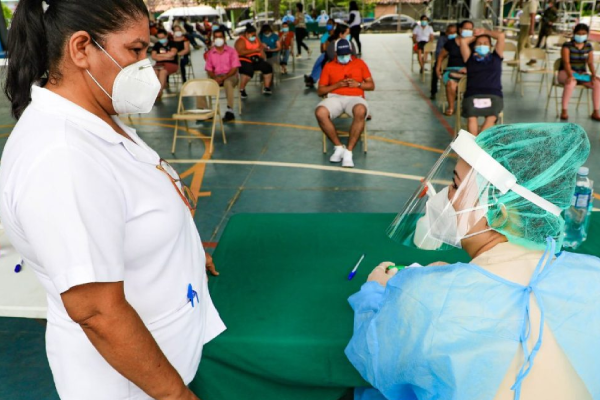
El Salvador
Impact | Negative
Rating Civicus | Obstructed
The Ministry of Health has included on its list of reserved information the memorandums and correspondence generated by the National Laboratory of Public Health concerning the tests used for diagnosing COVID-19 in the country. The government argues that public access to this documentation would “clearly endanger the life, safety or health” of the citizens.
As such, over the next two years this data will not be covered by the Law of Access to Public Information (AIP, in Spanish). Civil society organizations and media have called the measure “illegal” and the length of time during which data will be withheld “disproportionate”.
This is not the first attempt by the government to water down the AIP law, coming in the wake of previous reforms aimed at hindering access to information. For instance, a citizen who has been denied a public data request can now no longer approach the official access to information body (IAIP) directly, but rather must first appeal to the entity that refused the request. Javier Castro, director of the Department of Legal Studies at FUSADES, a nonprofit policy research body, said the fact that the reforms have been mandated by the executive and not established under law demonstrates “the president’s excessive regulatory power” which makes them “unconstitutional”.


